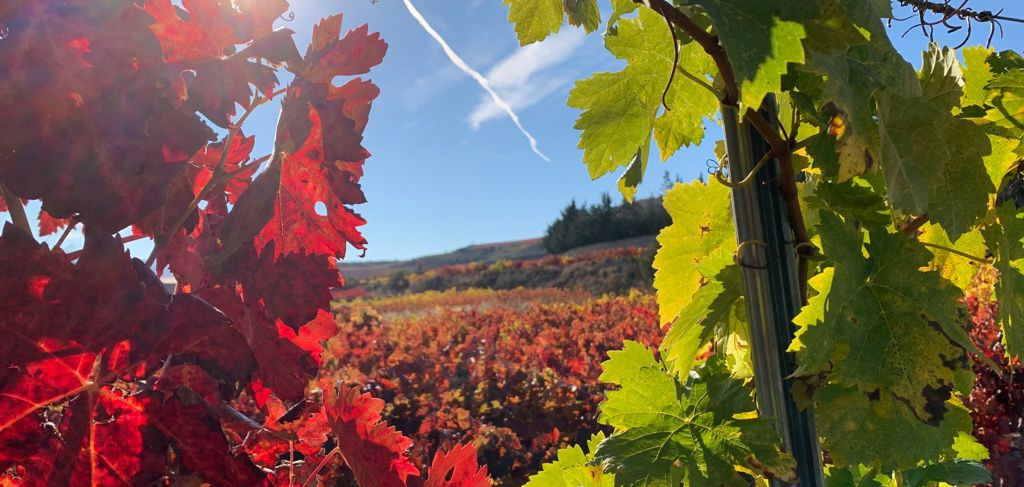
In recent years the word sustainability has been gaining momentum. We hear it more and more, but what exactly is this term about? Today, in our weekly article, we will be talking about how we understand the word sustainability and what work we carry out in our winery in order to contribute a grain of sand to the ecosystem.
Sustainability for Bodegas Loli Casado is a very broad concept that encompasses many aspects that influence the environment in which we operate. We can start by mentioning the way we work the vineyard, not using herbicides to control weeds or using organic fertilizers instead of mineral fertilizers. What is clear is that we believe that everything should be done with the least possible impact on the ecosystem, from the work in the fields, to the winemaking process and even the visits to the winery.
Although it is true that we do not make organic wines, for the moment, many of the processes we carry out follow the established guidelines for making these wines.
Throughout the development of the vine, we carry out tasks such as stripping and leaf removal to favor aeration and sunlight exposure of the cluster and thus reduce the risk of diseases. We also reduce phytosanitary treatments to a minimum, extending the application periods according to weather conditions.
We carry out a minimum tillage of the soil, avoiding soil erosion. The loss of topsoil is a serious problem that can affect the future of our vineyard and any other crop.
In addition, we maintain the soil, irrigation ditches, and walled areas that are found in our plots, favoring a favorable habitat for the development of the microfauna necessary for the self-control of pests and insects.
We maintain and plant native trees such as olive trees, holm oaks, kermes oaks, etc. where reptiles, small mammals and birds are sheltered and contribute to the necessary balance. In addition, we act on aspects such as lower fuel costs by reducing mechanical work on the farm.
In the winery, we have minimized expenses by adapting the lighting to LED or low-consumption systems. We have also reduced water consumption by studying how to clean tanks, hoses and barrels using less water.
We have initiated steps to use recyclable cardboard, grouping of auxiliary materials such as glass, capsules… and thus reduce our stocks.
All this keeps alive our conviction that everyone can contribute in their own way to a sustainable environment, and in this way we will be able to continue making our wines with little impact on the ecosystem of the area.
That said, this is the end of this article. Next week we will talk about visual and sensory control of grape ripening. If you enjoyed this article, we invite you to stop by our YouTube channel, where every Saturday we upload a video addressing the same topic as here in greater depth.
